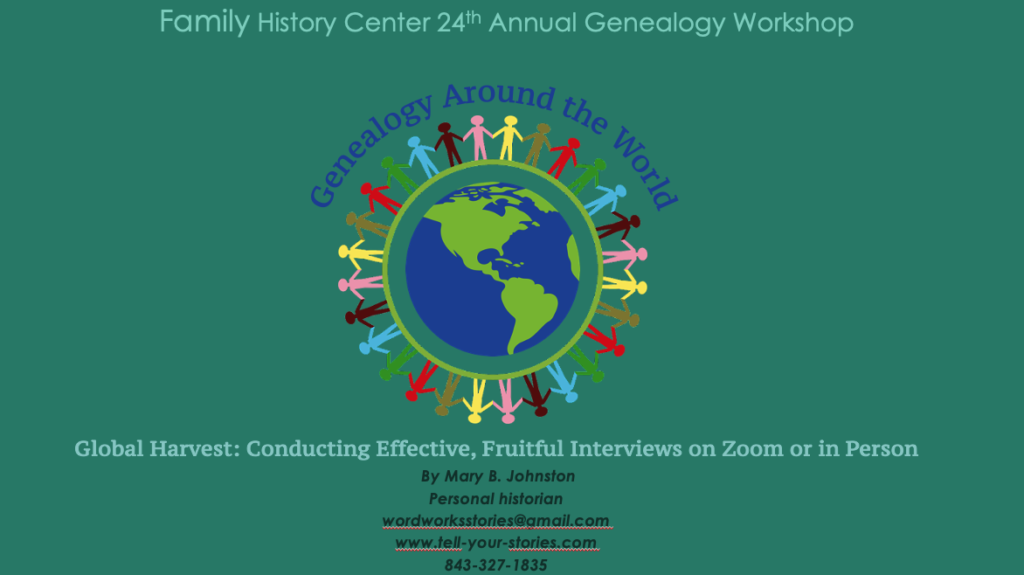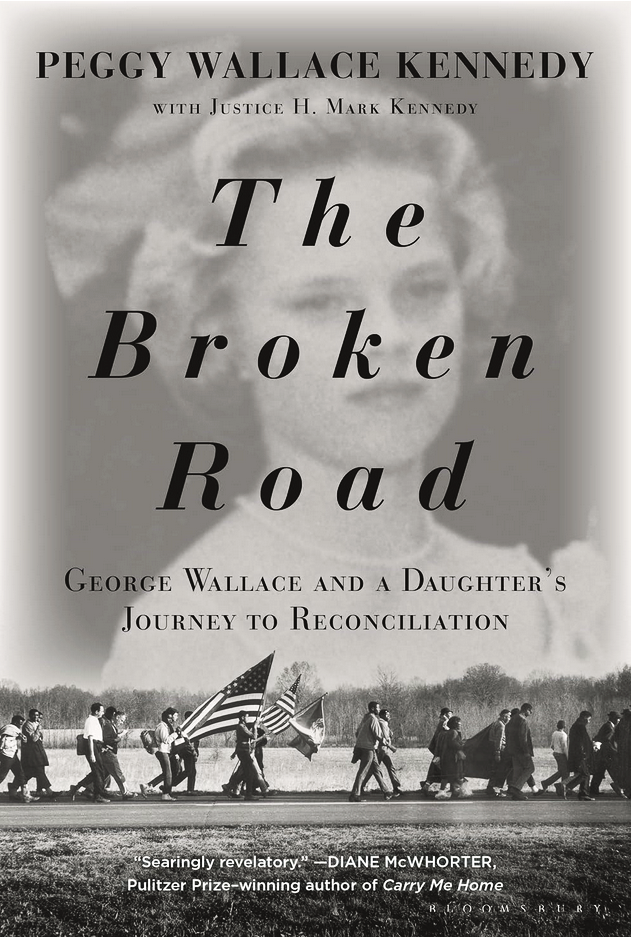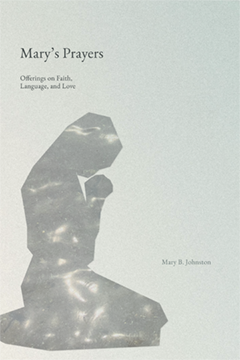Mary in the Public Eye
Mary publishes a collection of personal essays
Mary’s Prayers: Offerings on Faith, Love, and Language is a collection of explorations about various topics, including Christian discipleship, disillusionment, friendship, and forgiveness. The author—a follower of Christ, lover of literature, and editor of the written word—walks her readers through conundrums and questions. Poetry, neuroscience, scripture, and common sense light the way. Each piece in this collection is what the author has come to call a prayer—a reaching to God for illumination and meaning. Some of the author’s queries are answered; others are not. Each selection is filled with wonder and hope.
Curious about what Mary does?
In its December 2023 issue, Charleston Magazine, Charleston’s city magazine since 1975, featured Tell Your Stories in its business section.
Interested in learning about the process of writing a personal history?

In the middle of the pandemic, The Post and Courier—Charleston, South Carolina’s award-winning newspaper—featured an article about how Mary works with her clients. Read the article to get a sense of the benefits and challenges of writing your story.
Interested in watching some examples of how Mary conducts interviews?

In the spring of 2022, Mary was asked by doxy.me, one of the nation’s top telehealth platforms, to interview the company’s Ukrainian employees about what it has been like to be in Ukraine since Russia’s invasion of their homeland.
To listen to these moving interviews, visit the Telehealth Heroes podcast page of doxy.me. Scroll down past the Season 2 and Season 1 interview sections to listen to “Heroes of doxy.me.” Mary is featured in interviews 2 through 7 and 8 through 13.
Interested in learning about how to interview a loved one?

In 2021 Mary conducted a workshop about how to conduct effective, fruitful interviews for the attendees of Charleston’s Family History Center’s annual genealogical conference.
Based on years of experience and research about how memory works, this PowerPoint presentation will help you prepare for interviews, know what questions to begin with, and understand how best to respond to your interviewee’s answers.
Ready to explore how the past informs the present?

In 2020 Charleston’s Family History Center asked Mary to be the keynote speaker at its annual genealogical conference. In her presentation “Tracing Our Stories from the Past to the Present,” she explores how our own and our family’s pasts influence our current behavior. As examples, she uses her own history, as well as the poignant story of John Lewis, a civil rights activist reconciling with Peggy Wallace Kennedy. Ms. Kennedy’s father, Alabama Governor George Wallace, was responsible for the near-fatal beating of Lewis on Bloody Sunday in Selma, Alabama on March 7, 1965. Mary closes by exploring how genograms, a tool used by psychologists, can identify the forces from our past that have shaped us. She suggests how this self-awareness can influence the way we write about our lives.

